War is a bad thing. It leaves destroyed cities, shattered lives and a lot of sorrow behind. The war in Ukraine caused a wave of sympathy and connected people from different parts of the world with invisible threads. “Their compassion helped them unite, and what is more important to us, it showed us that we are not alone”, ethnic Bulgarian Mariya Zhelyazkova who lives in the Bessarabian village of Chushmeliy (Ukraine) said in an interview for Radio Bulgaria. Mariya is a member of the local Bulgarian dance ensemble named after the village. We contacted her to learn how life in Bessarabia has changed during the war and to look back to our common roots.
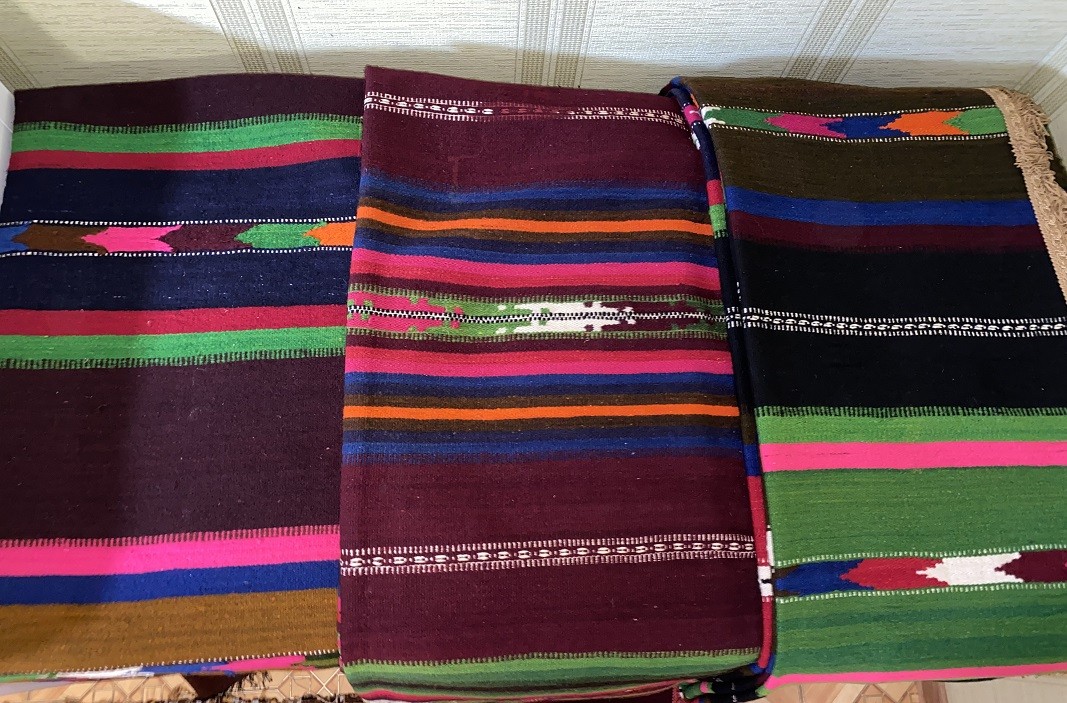
If it weren’t for the news, no one from her village wouldn’t even know that there is war, as no explosions are heard there. However, everyone has friends and relatives all over Ukraine. Every morning we call our relatives to make sure they are alive. Our lives have grinded to a halt for two months now. We pray and try to be as useful to the army and the people as possible, says Mariya Zhelyazkova who sheltered a family from Kyiv for one month. Their little child got ill, because his family was hiding in the basement for many days, because of shelling. “Adversity united us and many of us found like-minded people”, said Maria and added that Ukraine was receiving humanitarian aid from all over the world, including Bulgaria.

Despite the military conflict, 80%-90% of the residents of Chushmeliy preferred to stay home. A few mothers with children fled the village, but some of them returned later. “Many people living in Kyiv, Odesa and other Ukrainian cities returned to their parents’ home. It is so nice to see the streets full of children. Unfortunately, they are here because of the war. In Mariya’s words, nearly 4,000 people live in the village of Chushmeliy.”

“We all speak Bulgarian. Our dialect is different, but we have no difficulties with the language when we visit Bulgaria. There are many Bulgarian villages in Bessarabia and each village has its own dialect. Some people say that the history of Chushmeliy begins from the Bulgarian town of Kaspichan. However, we sent a delegation, which couldn’t find any common features with the local culture, architecture and dialect.”
However, village residents keep ancient costumes, carpets and jewelry from their great grandmothers and great grandfathers. They hope that one day ethnographers will explore this treasure in detail.
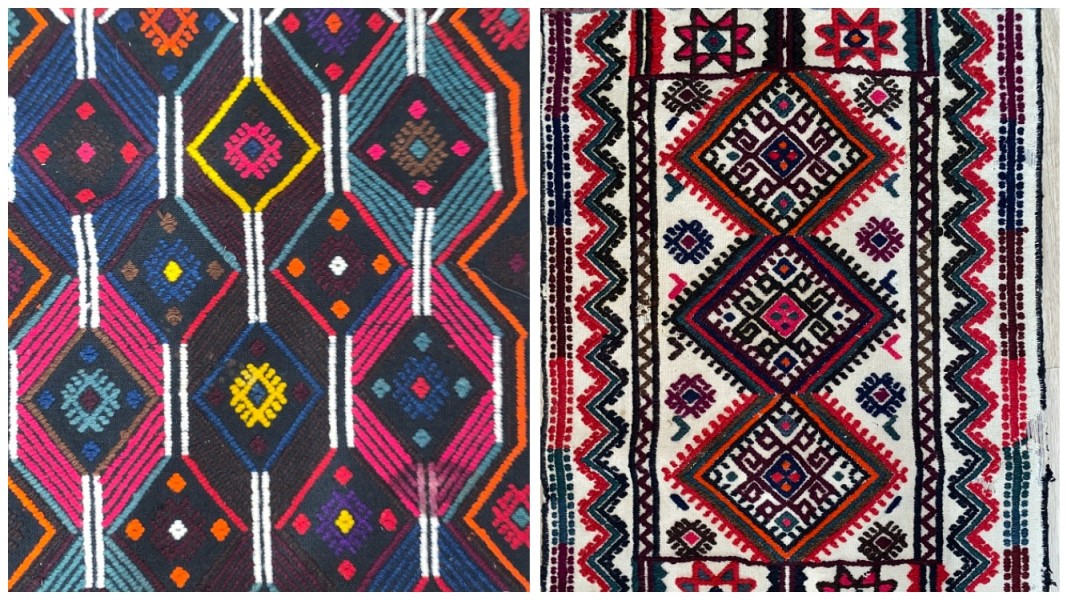
“We are very proud that our village keeps its traditions and people continue to weave carpets and towels. We maintain Christian traditions through our own customs. The celebrations on occasion of St. George’s Day are very beautiful. At Christmas, men go round the village and sing Bulgarian songs”, - Maria said and added that nothing is the same this year, because of the war. - The village has also preserved the traditional Bulgarian cuisine. Every guest can taste the local delicacies- traditional Kurban soup, cabbage, rice and meat casserole, hot mutton stew sprinkled with crushed paprika and of course banitsa (cheese pie), said Mariya.
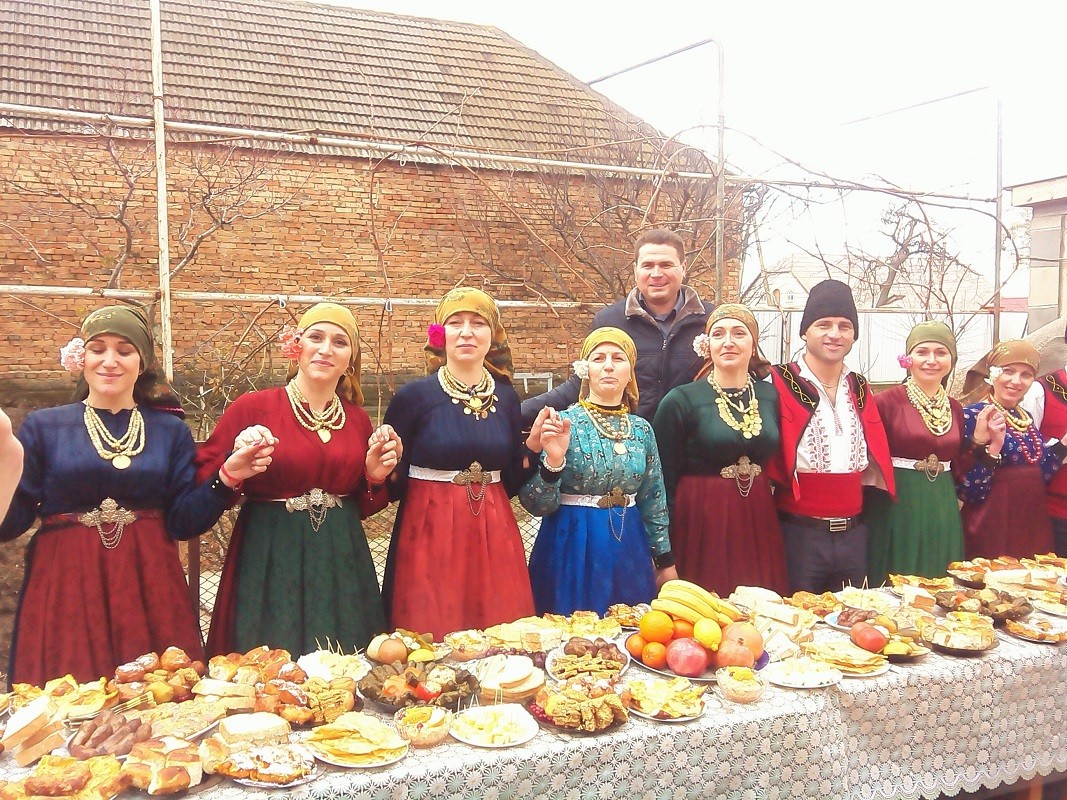
“We call this pie Zelnik. It is made of thin layers of filo pastry, cheese, milk and eggs. We also make pastry rolls with homemade leaven. All pastries contain cheese and are baked in a furnace. Our family still bakes bread in a furnace.”
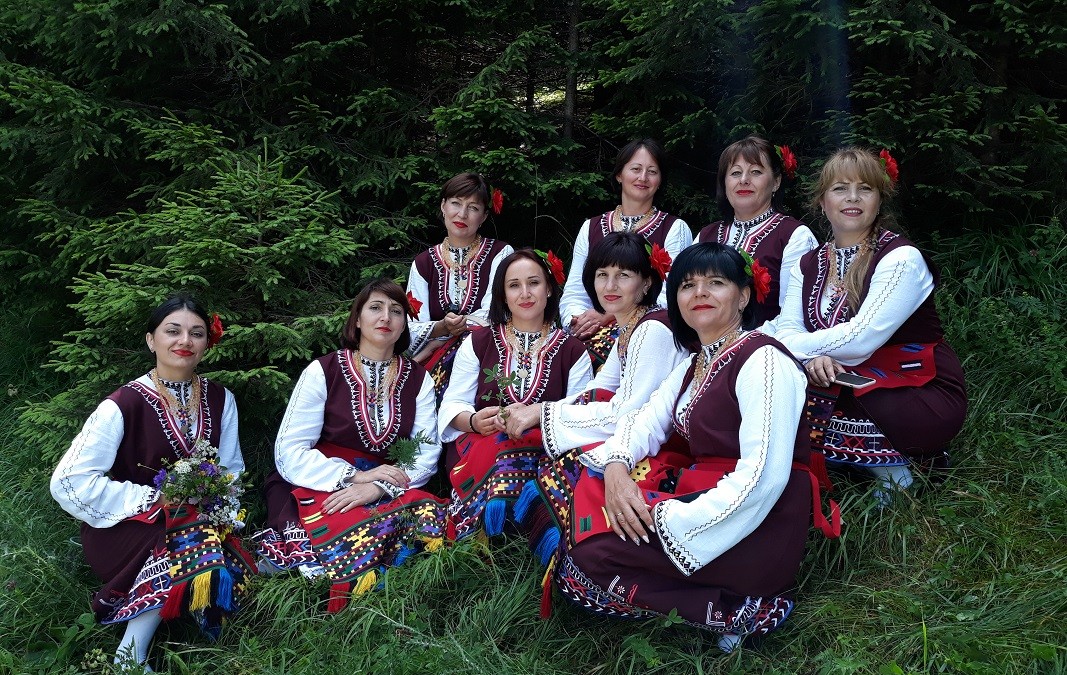
The village residents take pride in the folk dance ensemble “Chushmeliy”
“The ensemble was officially founded five years ago. It consists of 22 members who have a great desire to dance. However, we have temporarily suspended activity, because of the coronavirus pandemic and the war. Several chain dances have been passed down from generation to generation and we have been dancing them for years”, Said Mariya Zhelyazkova.
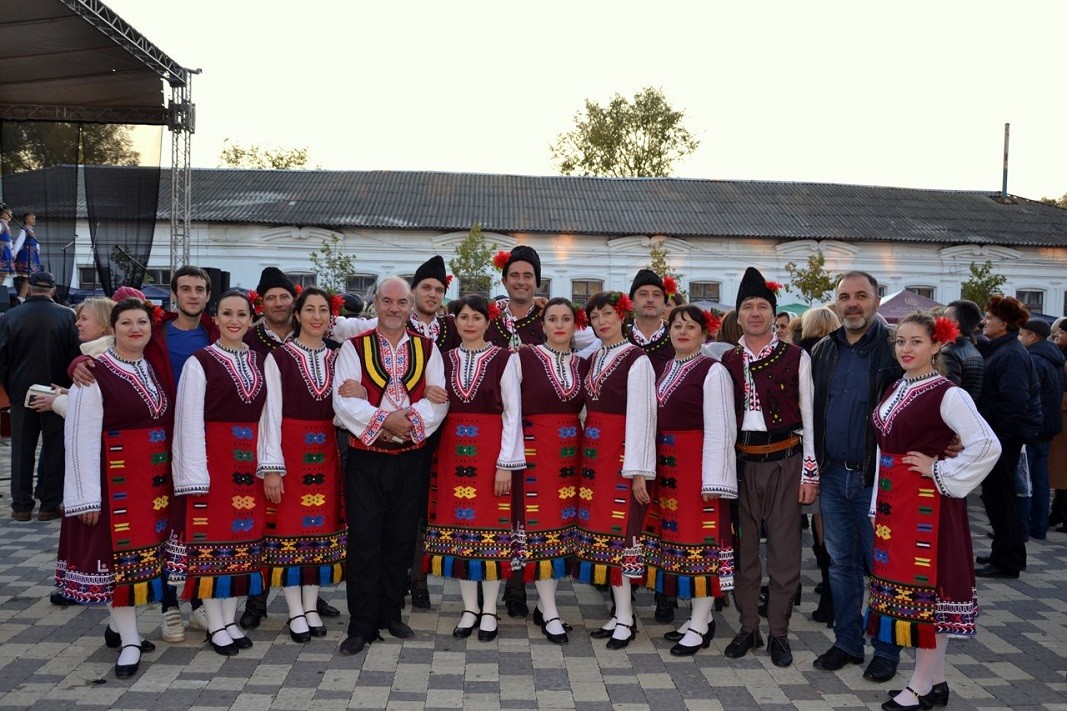
The local residents are hoping that the war will soon be over, so their lives can return to normal.
English version: Kostadin Atanasov
Photos: private libraryThe 33rd Bulgarian polar expedition is heading to Antarctica to continue its scientific research in cooperation with scientists from different countries. For the first time, travelers from two Balkan countries - Greece and Montenegro, as well as from..
The program of the Orthodox Book Week offers meetings with authors, publishers and translators of Orthodox books from the last few years. The event is held until November 10 at the ''St. Procopius of Varna'' Church, with meetings taking place every..
The "Kabiyuk" horse breeding farm in the village of Konyovets is the oldest stud farm in Bulgaria, founded in 1864 by Midhat Pasha, the governor of the vilayet of Ruse, to produce horses for the Turkish army. The farm existed until the Russo-Turkish War..
The traditional Bulgarian Christmas picnic, organized by the Bulgarian Cultural and Social Association "Rodina - Sydney" and the Bulgarian School..
Radmila Sekerinska from North Macedonia appointed NATO Deputy Secretary General NATO Secretary General Mark Rutte has appointed Radmila Sekerinska..
Two graduates of the Bulgarian School "Saints Cyril and Methodius" in Jordan presented their achievements at an event at their school "Hadi al Muhammadi"..

+359 2 9336 661
